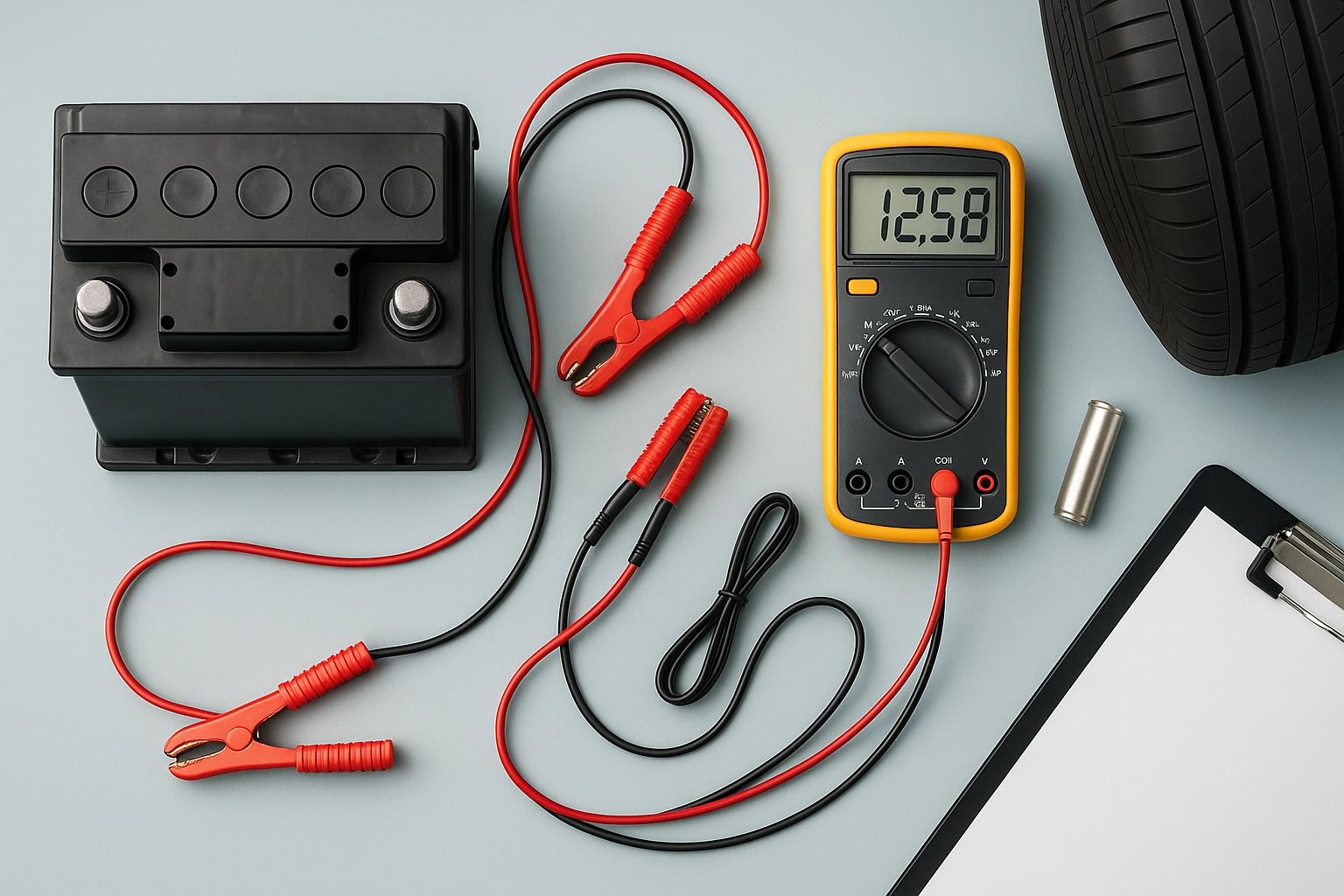ASTM F303 Battery Abuse Performance Testing
The ASTM F303 standard provides a comprehensive framework for evaluating automotive battery performance under extreme conditions. This testing is crucial in ensuring that batteries withstand real-world stresses, thereby enhancing the safety and reliability of electric vehicles (EVs) and other applications.
ASTM F303 defines several abuse tests designed to simulate potential hazards encountered during transportation or operation. These include crush, vibration, thermal cycling, external short circuit, overcharge, and forced discharge. Each test exposes the battery to a specific condition that it might face in its operational life.
The testing process involves multiple steps, including initial setup, specimen preparation, application of abuse conditions, data collection, and analysis. Specimens are typically selected based on their intended use within the automotive industry. The standard specifies detailed procedures for preparing these specimens to ensure consistency across different laboratories.
Instrumentation plays a critical role in ASTM F303 testing. Sophisticated equipment is used to monitor temperature, voltage, current, and other parameters during abuse cycles. This allows for precise measurement of battery behavior under stress conditions. The data collected from these tests provide valuable insights into the performance characteristics of various battery chemistries.
Acceptance criteria are stringent and vary depending on the type of battery being tested. For instance, lithium-ion batteries have different thresholds compared to lead-acid or nickel-metal-hydride batteries due to their unique chemical properties. Compliance with these standards ensures that manufacturers can achieve regulatory compliance while also enhancing product quality.
ASTM F303 testing is essential for several reasons. It helps identify weaknesses in battery design, which can be addressed through iterative improvements. Additionally, it contributes to the development of safer and more reliable batteries by simulating real-world scenarios that could potentially cause failure. By understanding how batteries perform under extreme conditions, manufacturers can make informed decisions about material selection, electrode composition, and manufacturing processes.
The testing process is not without challenges. Ensuring accurate data collection requires advanced measurement techniques and calibration procedures. Moreover, the interpretation of results demands expertise in electrochemistry and materials science. Despite these complexities, ASTM F303 remains a vital tool for advancing automotive battery technology.
In summary, ASTM F303 Battery Abuse Performance Testing is an indispensable service for ensuring the safety and reliability of automotive batteries. It provides critical data that informs product development and enhances consumer confidence in EVs and other electric-powered vehicles.
Eurolab Advantages
- Comprehensive expertise in battery testing standards including ASTM F303.
- State-of-the-art facilities equipped with industry-leading instrumentation for precise measurements.
- Experienced staff capable of providing tailored solutions to meet specific client needs.
- Pioneering research and development capabilities supporting innovation in battery technology.
- Compliance with international standards ensuring consistent and reliable results across global markets.
- Dedicated project management teams to ensure smooth execution from start to finish.
- Continuous quality assurance processes to maintain high standards of testing accuracy.
Quality and Reliability Assurance
The quality and reliability of ASTM F303 test results are paramount. At Eurolab, we employ rigorous protocols to ensure consistent and accurate outcomes. Our facilities are equipped with the latest technology, including high-precision sensors for monitoring critical parameters such as temperature, voltage, and current.
Data analysis is performed using advanced software that provides detailed insights into battery behavior under stress conditions. This allows us to identify any deviations from expected performance and pinpoint areas for improvement. Our team of experts interprets these results to provide actionable recommendations for enhancing product quality and reliability.
We also adhere strictly to international standards such as ASTM F303, ensuring that our tests are consistent with global best practices. This commitment to conformity helps manufacturers achieve regulatory compliance while maintaining high-quality products.
Use Cases and Application Examples
The applications of ASTM F303 Battery Abuse Performance Testing extend beyond just automotive batteries. It is also applicable to other types of rechargeable cells used in portable electronics, medical devices, and industrial equipment.
- Automotive EVs: Ensuring the safety and reliability of lithium-ion batteries used in electric vehicles.
- Portable Electronics: Evaluating the performance of rechargeable cells in smartphones, laptops, and other consumer devices.
- Medical Devices: Assessing the durability and safety of batteries powering critical medical equipment.
- Industrial Equipment: Testing the robustness of battery-powered tools and machinery used in various industries.
In each application, ASTM F303 provides a standardized approach to evaluating how well a particular type of rechargeable cell can withstand real-world stresses. This helps manufacturers design safer, more reliable products that meet both performance expectations and regulatory requirements.





